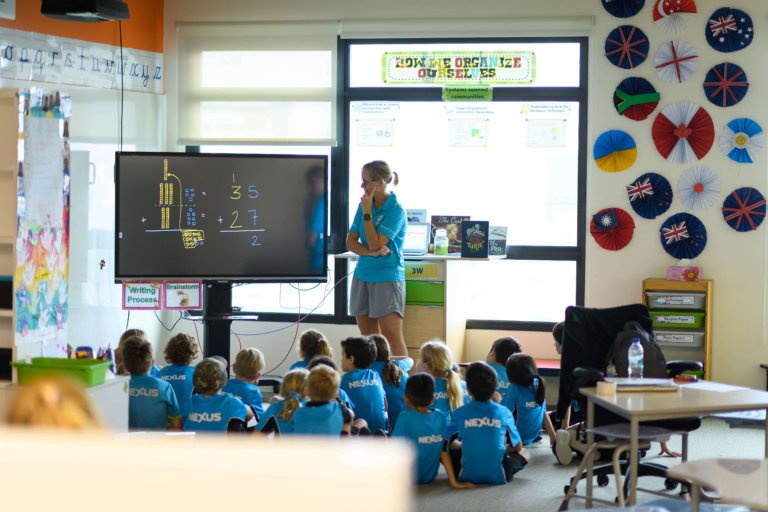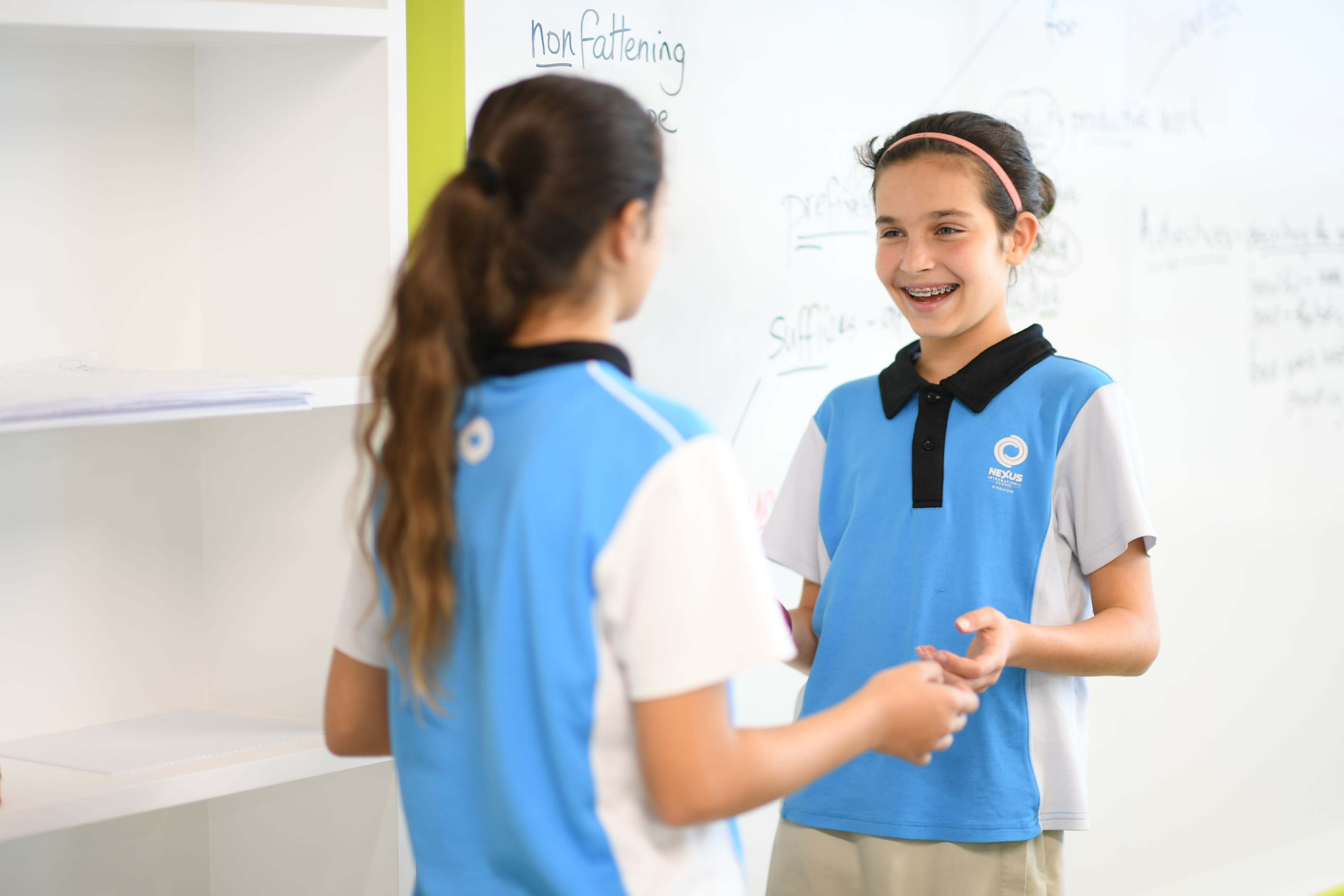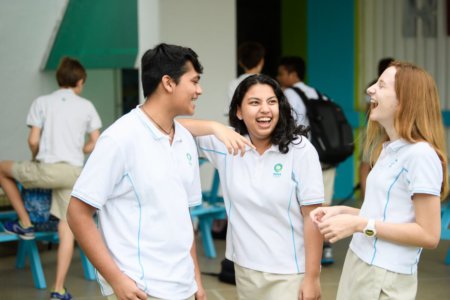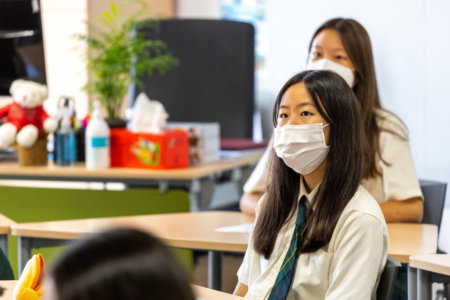
It’s the difference between Marie Curie, Alexander Graham Bell, Charles Darwin, Leonardo Da Vinci — and the rest of humanity. Many of these greats may have been born with talent. Without the right forces in their favour — especially in their education — they would not have gone on to become some of the greatest innovators in history.
A key feature in their upbringing? Learning how to think. It’s not just about solving problems, but knowing that they exist, whether they’re worth solving and, harder still, to find the causes behind them. Consider how we communicated in pre-telephone days, for example. What were the challenges wrought by the code-based telegraph? Is there value in hearing the voice of another person a continent away? Why do people want to hear human voices over dashes and codes?
Such questions use standards of good reasoning to evaluate their own thinking. Critical thinkers do this. They make precise and clear thoughts. They understand reliance, significance and coherence.
This is a coveted skill. Employers believe it’s more important than one’s undergraduate major. Friends appreciate the empathy it sparks. Dinner parties come alive with more ideas and opinions.
From Australia to the US, critical thinking is increasingly being taught around the world. If we are to get critical about critical thinking, however, not all programmes succeed. As pupils shuffle between homeschooling and returning to classrooms during this pandemic, more will be needed to keep these programmes going. Pupils will need as much support from teachers, staff and peers.
Here’s a selection of schools in Asia that promote critical thinking best in an uncertain world:
Nexus International School (Singapore)
At Nexus International School (Singapore), children take charge of their own learning. The school’s guiding philosophy “The Nexus Way” fosters a spirit of ownership, responsibility and risk-taking — attributes that serve well in a rapidly changing world — from a young age. Armed with a distinctive skill set (sparked by this early preparation), Nexus learners grow into leaders ready to take their productive places in the global community.

“The Nexus Way” fosters a spirit of ownership, responsibility and risk-taking. Source: Nexus International School (Singapore)
In this school, every child gets to realise their full potential. A holistic approach to education and numerous opportunities ensure this. The focus is not on grades, but on core values, such as respect and care for one another; a culture of excellence; openness in communication; acting with integrity; passion; and the creation of enjoyable environments. Learners, parents and teachers work in a productive three-way partnership to support each other and provide the best learning environment for children.
It is an approach that has proven to be efficient and effective. Whether in coursework or in the confident and positive attitudes towards learning, excellent results can be seen.
This multi-accredited school is open to children from ages three to 18. It starts with Early Childhood education, a crucial foundation where the most connections and discoveries take place. At Primary School, they create a rich, dynamic and forward-looking environment that incorporates the International Baccalaureate Primary Years Programme (IB PYP) — fueling its learners’ reading, writing, numerical skills as well as scientific understanding. Areas of learning include English, Mathematics, Science and Technology, Arts, Music, and Health and Physical Education. A second language option is provided, taught in immersive classes and by specialist teachers.
At Secondary School, learners work towards the globally-recognised IGCSEs before progressing to the IB Diploma Programme (IBDP). With a wide range of subject choices, small tutor groups, learner-led activities (such as the Duke of Edinburgh Award and Learner Leadership Programme) and career and university guidance, Nexus learners have all they need to grow — seamlessly and confidently — as they graduate from school to university and beyond. To find out more about how Nexus International School (Singapore) equips learners for the 21st century, email enquiry@nexus.edu.sg or click here.
Bangkok Patana School
As one of the most respected educational establishments in South East Asia, Bangkok Patana School knows what future-proof education is. From Foundation Stage right through Senior Studies, over 2,200 students from around 60 countries are nurtured to become lifelong learners who can adapt to an ever-changing world. As they follow two excellent programmes — English National Curriculum and International Baccalaureate — they are getting the best intellectual, physical and social preparation for their futures.

Bangkok Patana School is one of the most respected educational establishments in South East Asia. Source: Bangkok Patana School
In the Foundation Stage, children aged two to five learn language primarily through play, which brings out their confidence and independence through exploration. “If a child comes into school and spots a snail in the garden and that captures their interest, then we learn about snails and make snail habitats. It is very much about learning ‘in the moment’ and capturing their curiosity,” explains Sarah Gaughan, FS Leader of Learning and Strategic Development.
At Primary School, teachers nurture learning through child-centred approaches, technology and a variety of learning experiences. Creative and interactive programmes — taught by specialist teachers of Music, Art, PE, ICT, Thai culture and Modern Foreign Languages — ensure students gain thinking skills and strong personal characteristics.
Next, they enter the Secondary School from the age of 11. In Years 7, 8 and 9 – collectively referred to as Key Stage 3 – they follow the National Curriculum modified to take account of its position in South East Asia, but the basic skills and concepts remain the same. Following this, they take on the General Certificate of Secondary Education (GCSE) or its international equivalent, the IGCSE.
These provide an excellent foundation for the International Baccalaureate (IB) Diploma programme or a modified version resulting in the Patana certificate. To learn more about Thailand’s oldest British international school, click here.
Branksome Hall Asia
From Australia and Zimbabwe to Germany and Canada, ambitious girls from all corners of the globe come to Branksome Hall Asia to empower and be empowered. This established independent girls’ school is located in Jeju Island — nicknamed the Hawaii of South Korea or better known as “Island of the Gods.” With its volcanoes, mountains, caves, beaches and cliffs, there is no shortage of majestic scenery and breath-taking nature here.

Alumni have progressed to some of the top universities in the world, including Cambridge, Cornell, Brown and LSE, to name a few. Source: Branksome Hall Asia
The school welcomes students from Junior Kindergarten Prep to Grade 12. It is the mission of the school to develop students who are globally minded learners and leaders, prepared for the challenges and opportunities they’ll meet in a rapidly changing interdependent world.
To reach these goals, the school delivers an academically rigorous curriculum, hires diverse and highly qualified professional staff, and maintains world-class facilities and state-of-the-art learning environments.
A community of friends, peers, seniors and teachers offers a closeness that is hard to find elsewhere. “We can work with each other and spend a lot of time together, not only studying, but also if I need any help or have questions about the school, I can go see them and we’re all there to support each other not just from a friendship aspect, but also being able to help one another in our student lives,” says student Bella Ryder.
A testament to their prowess, Branksome students have consistently enjoyed enviable results, placing them in the top echelon of international schools across the whole of North-East Asia. Meanwhile, many graduates have gained entry into the world’s top universities, including the University of Cambridge, Cornell University, Brown University and the London School of Economics, to name a few.
*Some of the schools featured in this article are commercial partners of Study International










